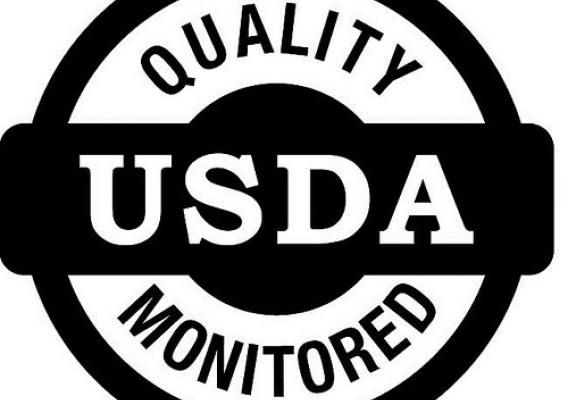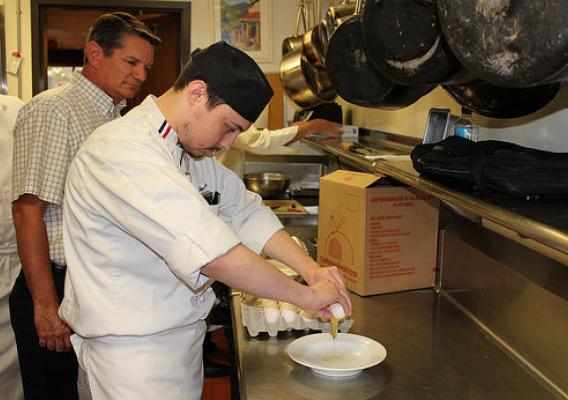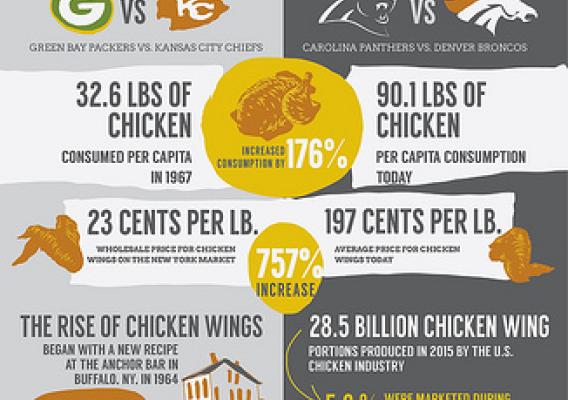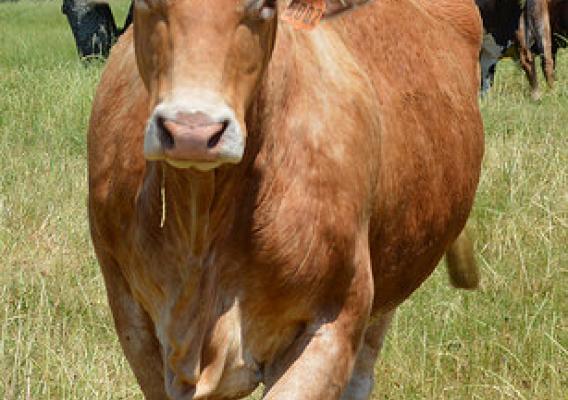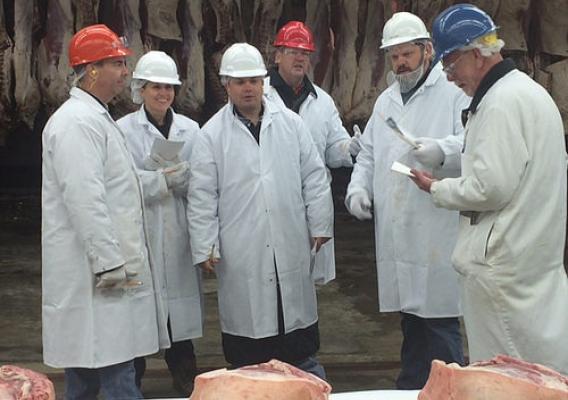Have you been to a supermarket to buy a carton of eggs lately? If so, you may have found an array of food marketing claims on the packages. All natural, organic, cage-free, pasture-raised, free range, non-GMO, raised without antibiotics, Omega-3 enriched and vegetarian-fed diet are just a small sample of the many claims consumers might see in the egg case. The modern food shopper is inundated by choice.
From its inception, the role of AMS has been to facilitate an efficient, fair, and competitive marketing system to benefit producers and consumers. One of the ways AMS accomplishes this is by establishing and applying grade standards to different agricultural products. Terms such as “Grade A” and “Large” have become a trusted part of the American egg vocabulary, helping both farmers and consumers with descriptive labels. Other marketing terms that now appear on egg cartons have evolved to reflect consumers’ demand to understand things like where the eggs come from, how chickens were raised and who raised them.




